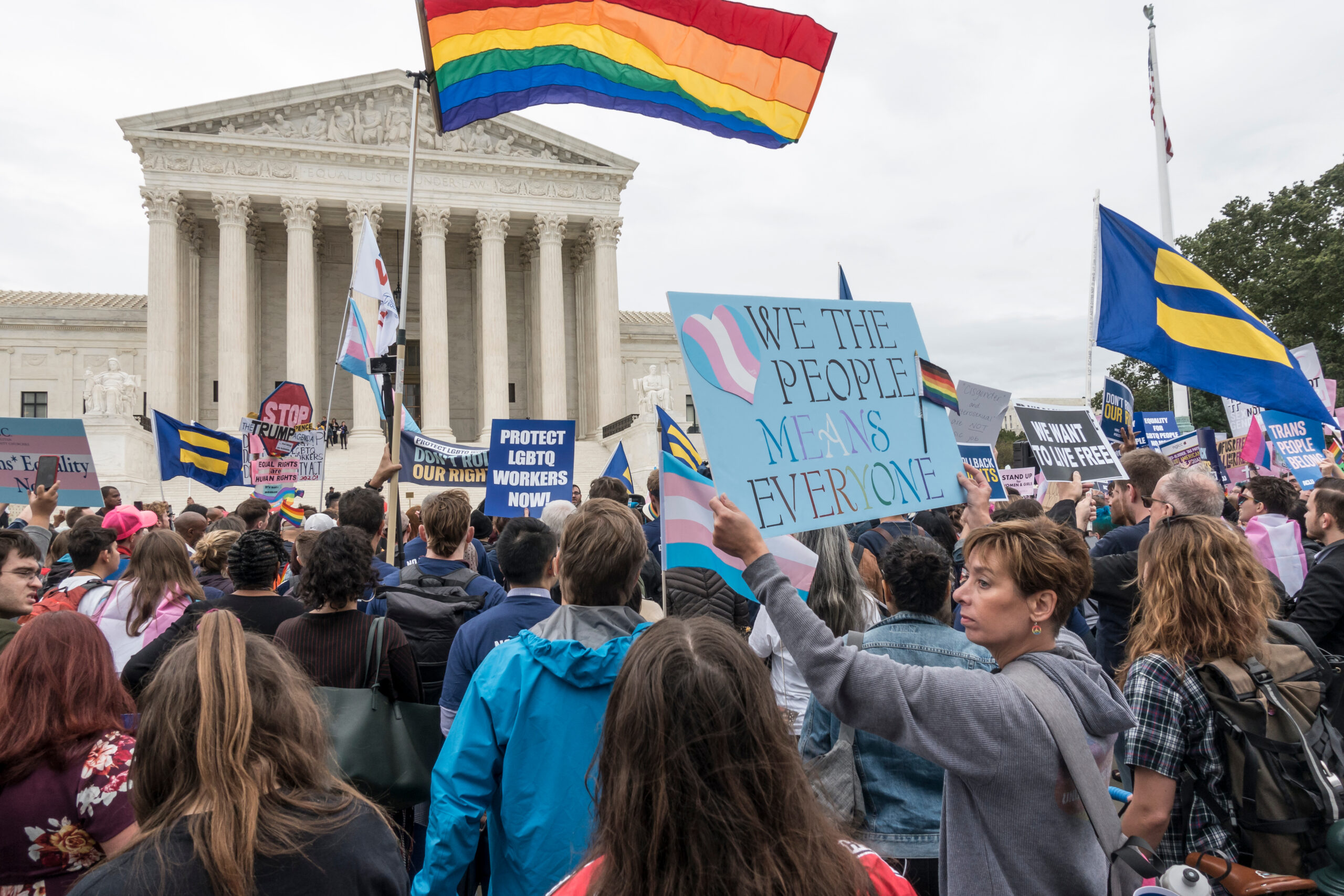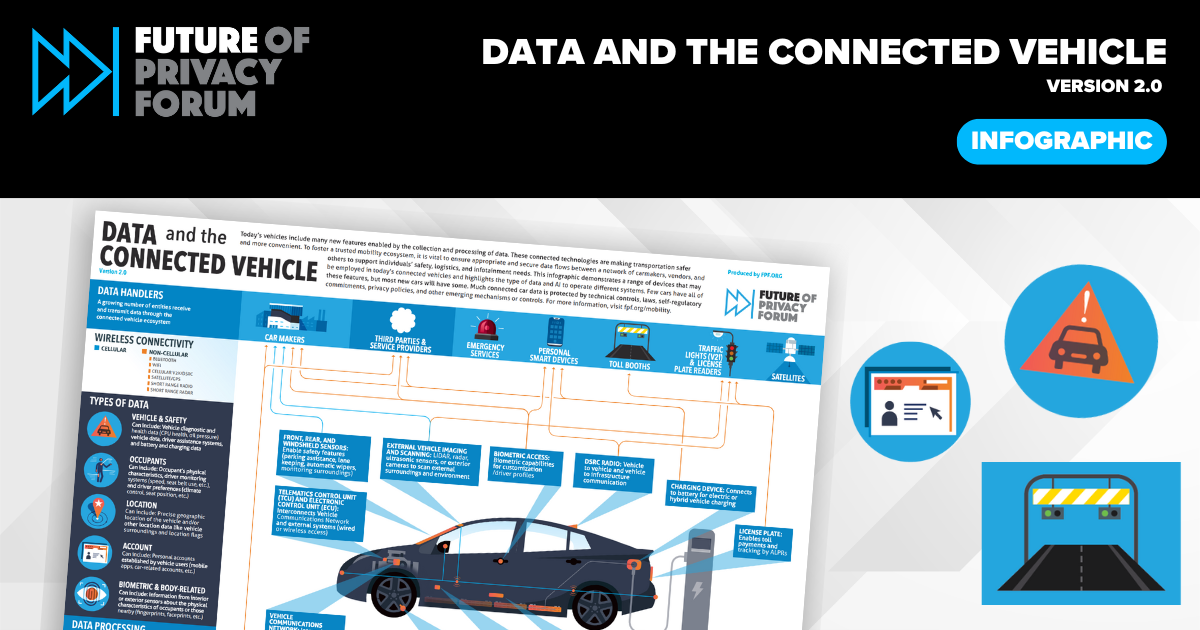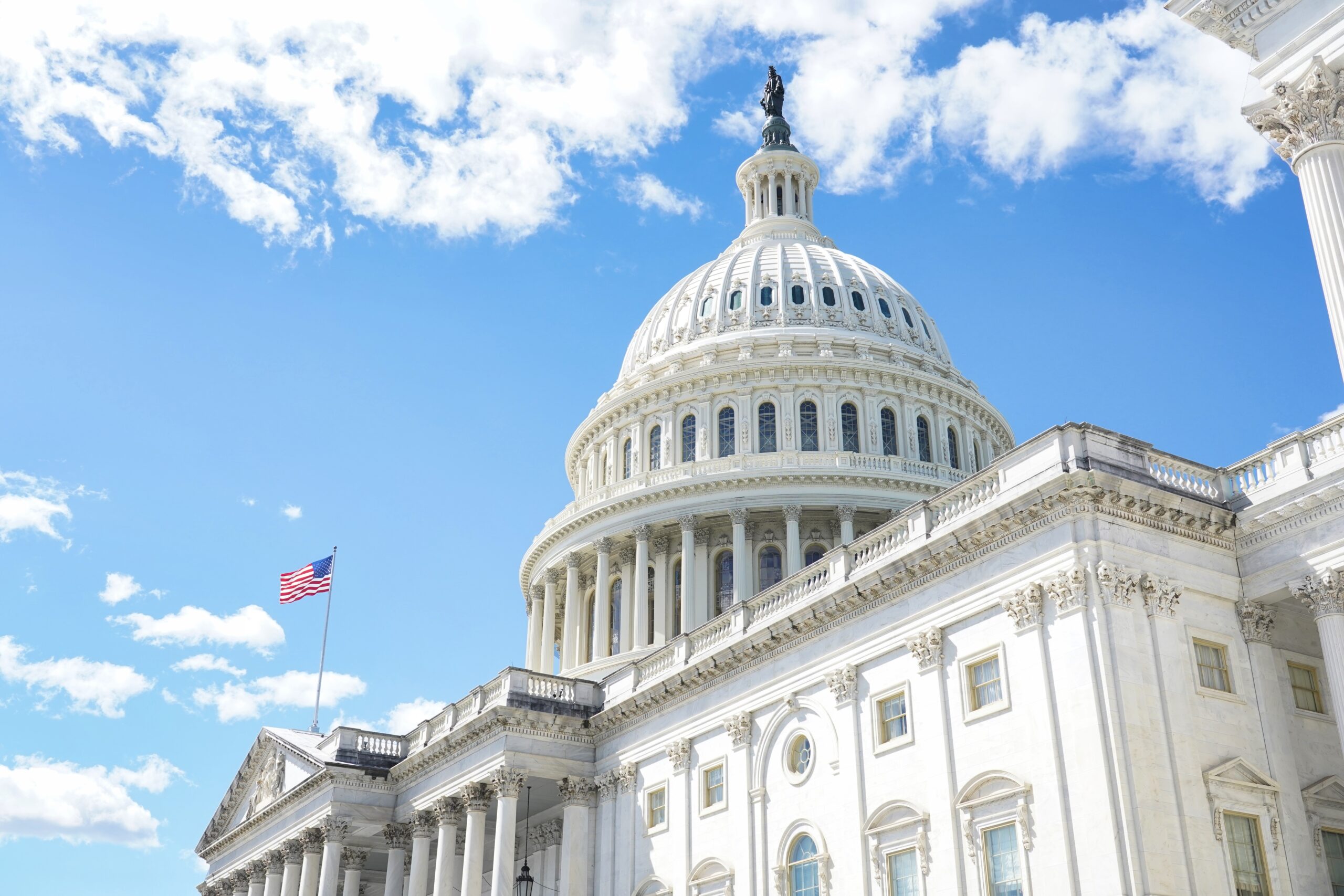
The Privacy Act of 1974: 50 Years Later Virtual Webinar
The Future of Privacy Forum (FPF) and the FPF Center for Artificial Intelligence invite you to join us for a live virtual webinar on Thursday, November 21 from 12:00 – 1:00pm ET to commemorate the 50th anniversary of the passage of the Privacy Act of 1974.* We will explore the significance of the milestone U.S. […]

Future of Privacy Forum Convenes Over 200 State Lawmakers in AI Policy Working Group Focused on 2025 Legislative Sessions
The Multistate AI Policymaker Working Group (MAP-WG) is convened by FPF to help state lawmakers from more than 45 states to collaborate on emerging technologies and related policy issues. OCTOBER 21, 2024 — In the lead-up to the 2025 legislative session, FPF is excited to convene the expanded Multistate AI Policymaker Working Group (MAP-WG)—a bipartisan […]

Multistate AI Policymaker Working Group
The Multistate AI Policymaker Working Group (MAP-WG) is a bipartisan assembly of over 200 state lawmakers from more than 45 states, brought together by the Future of Privacy Forum. The Group’s primary aim is to foster a shared understanding of emerging technologies and related policy issues. FPF convenes and provides an administrative platform for the […]

Out, Not Outed: Privacy for Sexual Health, Orientations, and Gender Identities
Co-authored by: Judy Wang (FPF Intern), Jeter Sison (FPF Intern), Jordan Wrigley (FPF Data and Policy Analyst, Health & Wellness) On National Coming Out Day, it’s important to recognize that Coming Out is a right of passage for many LGBTQ+ individuals and a decision that they should be empowered to make for themselves. Protections for […]

Global Communications Manager
Reports to: Communications Director Location: Strong preference for candidates located in Washington, DC or Brussels. Candidates must have the right to work in the country where they are based. Salary Range: Manager $63,569 – $95,353 The Future of Privacy Forum (FPF), a dynamic global nonprofit organization that serves as a catalyst for privacy scholarship and advancing […]

FPF Submits Comments to Inform New York Children’s Privacy Rulemaking Processes
At the end of the 2024 legislative session, New York State passed a pair of bills aimed at creating heightened protections for children and teens online. One, the New York Child Data Protection Act (NYCDPA), applies to a broad range of online services that are “primarily directed to children.” The NYCDPA creates novel substantive data […]

Regulatory Strategies of Data Protection Authorities in the Asia-Pacific Region: 2024, and Beyond
The Asia-Pacific (APAC) region has emerged as a dynamic and rapidly evolving landscape for data protection regulation. As digital economies flourish and cross-border data flows intensify, data protection authorities (DPAs) across the region are grappling with complex challenges posed by technological advancements, changing business practices, and evolving societal expectations regarding privacy. This Report provides a […]

Updated FPF Infographic Explores Data in Connected Vehicles
Today, The Future of Privacy Forum is launching the Data and the Connected Vehicle Infographic 2.0, including new updates to account for the types of data associated with connected vehicles, features in and outside of the vehicle, and data handlers who receive and process data. Lawmakers, manufacturers, privacy professionals, and consumers are actively engaged in […]

FPF Unveils Report on Emerging Trends in U.S. State AI Regulation
Today, the Future of Privacy Forum (FPF) launched a new report—U.S. State AI Legislation: A Look at How U.S. State Policymakers Are Approaching Artificial Intelligence Regulation— analyzing recent proposed and enacted legislation in U.S. states. As artificial intelligence (AI) becomes increasingly embedded in daily life and critical sectors like healthcare and employment, state lawmakers have […]

Call for Nominations: 15th Annual Privacy Papers for Policymakers Award
Future of Privacy Forum Award Elevates Privacy Research to Inform Policy Discussion September 9, 2024 —The Future of Privacy Forum (FPF) invites scholars and authors with an interest in privacy issues to submit finished papers to be considered for its 15th annual Privacy Papers for Policymakers (PPPM) Awards. The award provides privacy and data protection […]
